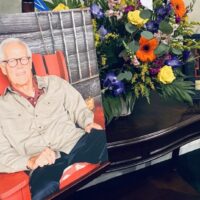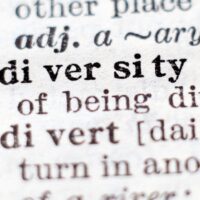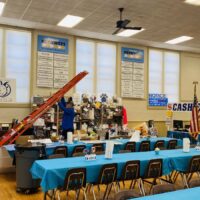One evening early this week, a small group of Hoptown people met at the museum downtown to watch a Zoom program in honor of the late Gloria Jean Watkins, the bold feminist writer known by her lowercase pen name, bell hooks.
Born in Hopkinsville in 1952, Watkins became one of the country’s most highly regarded scholars and wrote more than 30 books that explored politics, race, gender, class, Black culture, rural life, and many other topics.
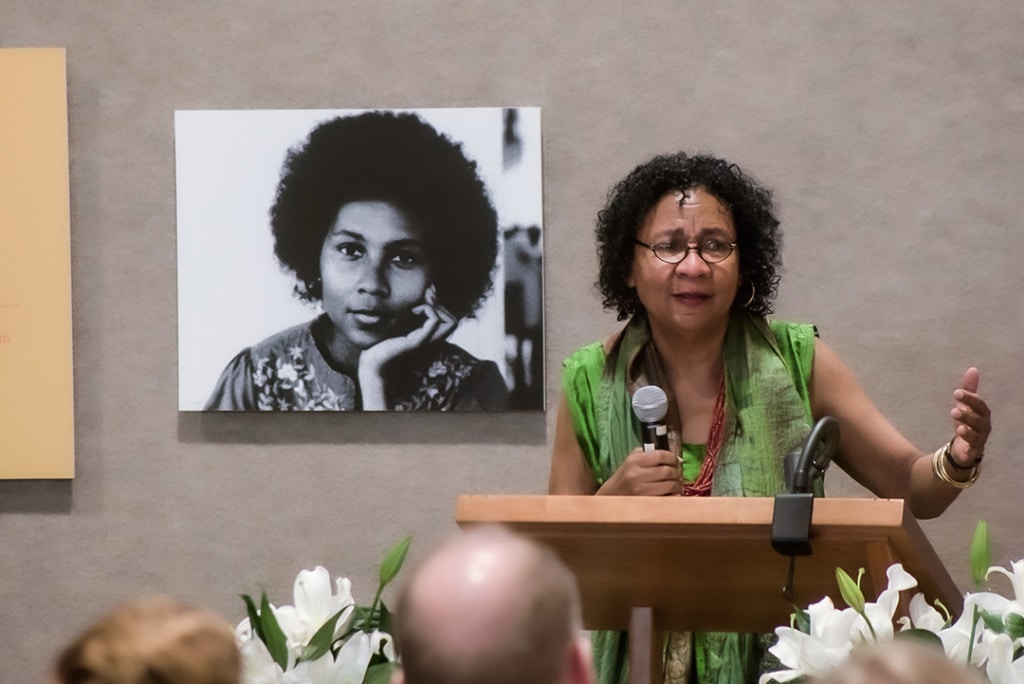
Following her death on Dec. 15 at her home in Berea, the Carnegie Center for Literacy and Learning in Lexington organized the online memorial program for hooks. About 200 people around the country, including several in Hopkinsville, accepted the invitation to join the Zoom meeting Tuesday evening.
I met up with a few others at the museum, where director Alissa Keller connected a laptop to a large screen in the exhibit hall so we could watch and hear the program together.
It went beautifully for about 20 minutes. Kentucky author Silas House shared memories of his friendship with hooks.
“I loved that I always knew where I stood with bell,” said House, who laughed and cried during his remembrance.
After House finished his remarks and the folks at the Carnegie Center prepared to introduce others who would read from hooks’ works, things took a bad turn. Several people Zoom-bombed the gathering and began shouting racist slurs. It was vicious and loud. We heard someone yell “KKK!” A man appeared to expose himself.
To their credit, the organizers quickly shut it down and regrouped minutes later in a new Zoom session that required a password. About 80 people returned. I was able to text a friend in Lexington so my group at the museum could get the password, and I sent the information to a friend in town that I knew was participating. But several people couldn’t rejoin us because they didn’t receive the password. I have no doubt others were too upset or angry to return.
One participant, a 57-year-old writer in New York City, said white listeners who felt affected by the online attack would have to magnify their feelings 400 times to understand how something like this hits Black viewers.
And even though she was speaking to us remotely from her home in the Bronx, she said, “I don’t feel safe here.”
A message of healing
Carnegie Center executive director Neil Chethik had reminded us at the start of the program that bell hooks wanted her work to be about healing.
That is an important message for some readers who have been taken aback by hooks’ recollections of growing up in a mostly segregated Hopkinsville. I’m sure many white people who are contemporaries of Watkins are surprised by her descriptions of the community in the 1950s and ’60s.
And yet here we are in 2022 with clear evidence that racism is still with us. It’s ugly and dangerous. Tuesday night was proof of that.
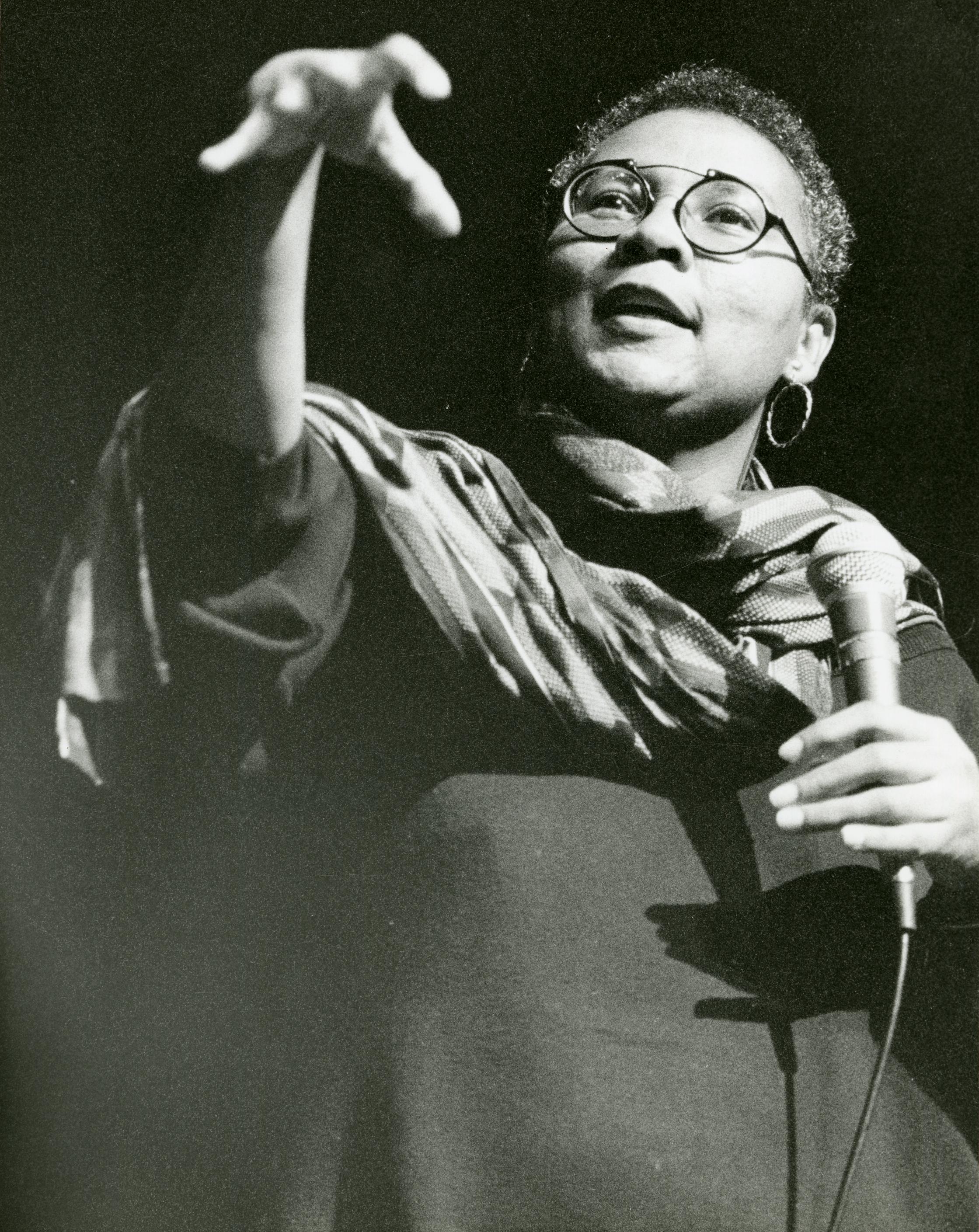
“All our silences in the face of racist assault are acts of complicity.”
– bell hooks, Killing Rage: Ending Racism
After the shock of the Zoom attack wore off, I began to think about how we should respond. As strange as it might sound, I almost want to thank the cruel people who tried to ruin the memorial reading for hooks.
First of all, they reinforced the importance of bells hooks’ message. And they showed us that we are more than capable of overriding their actions. If we will.
The Carnegie Center did not let them steal the night’s meaning. The memorial went on — and some of us carried it with us much longer than we would have otherwise. The center also reported the incident to police, according to a story in the Lexington Herald-Leader.
What now?
It’s time for Hopkinsville to push back and take a stand in unity with Gloria Jean Watkins.
Shortly after her death, Watkins’ family suggested gifts could be made in her memory to the Christian County Literacy Council or to Museums of Historic Hopkinsville-Christian County.
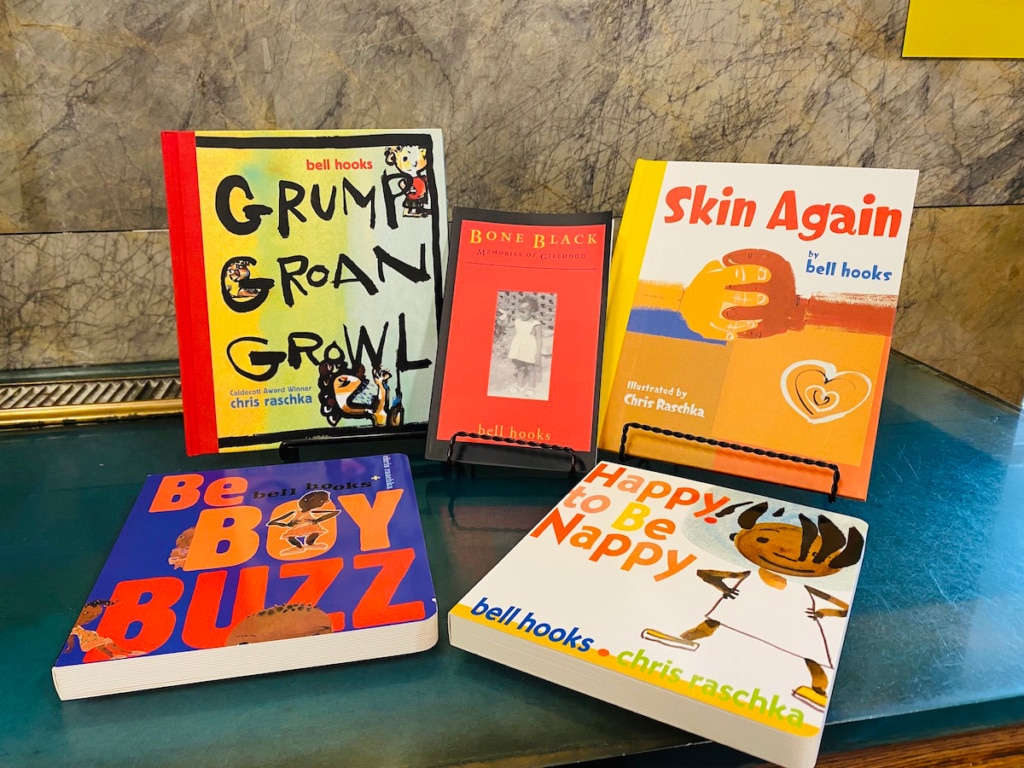
One way the literacy council plans to use the memorial donations is by launching a writing contest, which will be called the bell hooks Writing Challenge. Details will be announced in early February. The council wants to use hooks’ work to inspire people of all ages to participate.
So far, more than 100 people have made a gift to the literacy council, the director, Francene Gilmer, told me Friday afternoon. The contributions have come from many places, and they range from $5 to $500.
You can make a gift in memory of bells hooks to the literacy council through its PayPal account. (Be sure to include “bell hooks” in the notes section at the top of the form.) Donors who prefer to write a check should send their contribution to the Christian County Literacy Council, P.O. Box 4048, Hopkinsville, KY 42241, or to Museums of Historic Hopkinsville-Christian County, 217 E. Ninth St., Hopkinsville, KY 42240.)
Every donation matters, regardless of the amount.
Every donation will be a denunciation of the hateful people who tried to shut down a gathering in honor of bell hooks.
Every donation will be a celebration of a woman from our hometown who can inspire us to do good work and to be kind to each other.
I hope you will make a contribution and that you’ll mention this idea to at least one other person.
(This column was updated to give more detail about the family’s suggestions for memorial gifts.)
Jennifer P. Brown is co-founder, publisher and editor of Hoptown Chronicle. You can reach her at editor@hoptownchronicle.org. She spent 30 years as a reporter and editor at the Kentucky New Era. She is a co-chair of the national advisory board to the Institute for Rural Journalism and Community Issues, governing board president for the Kentucky Historical Society, and co-founder of the Kentucky Open Government Coalition.
